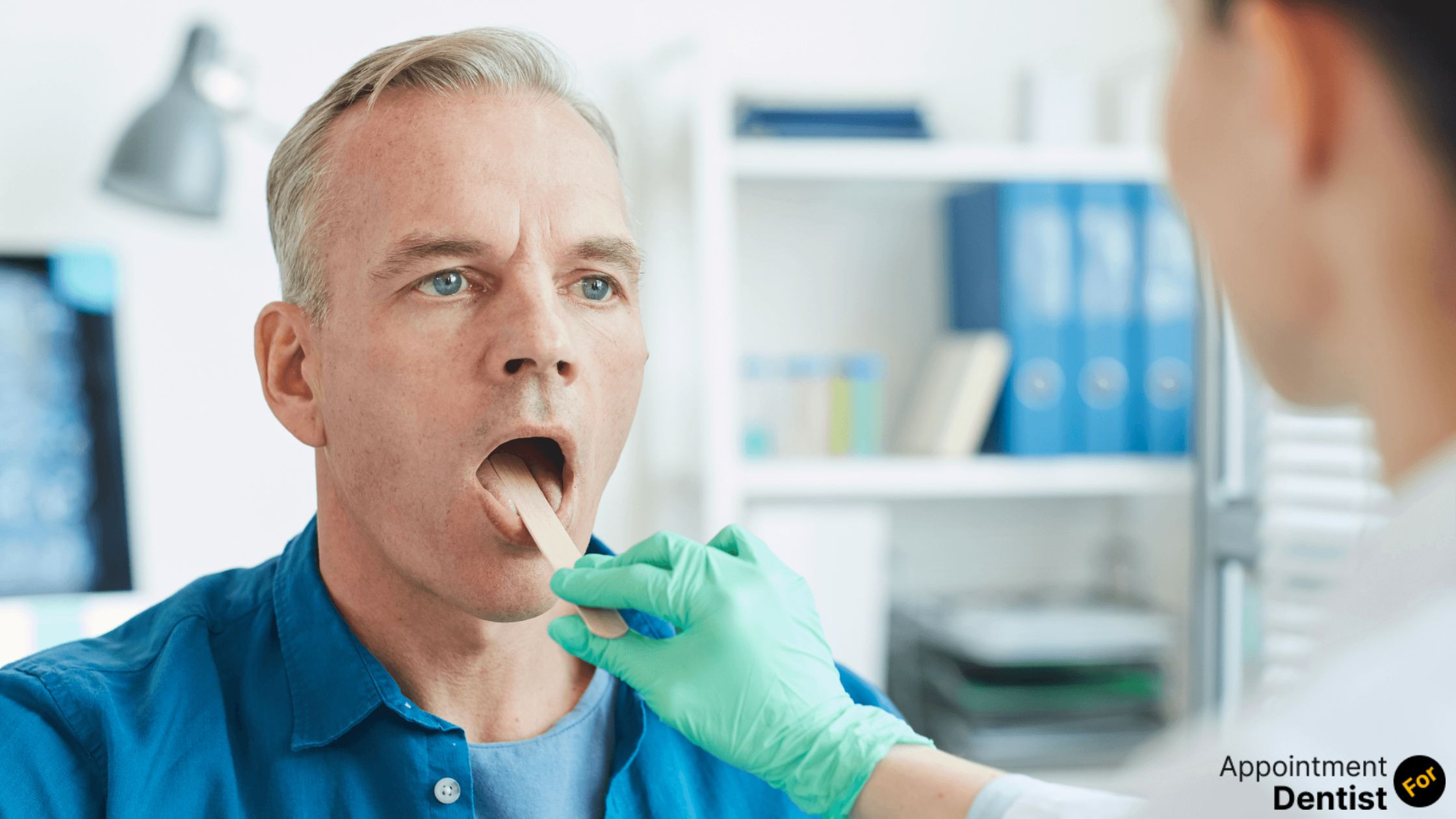The Role of Oral Health in Managing Autoimmune Hepatitis
Posted on August 19, 2024 by Admin

The Role of Oral Health in Managing Autoimmune Hepatitis
Autoimmune hepatitis is the chronic hepatic disorder where the immune system attacks the hepatic cells and, hence, leads to inflammation and possible hepatic damage. While medical treatment and close monitoring of hepatic function remain as hallmarks in the management of autoimmune hepatitis, oral health is going to play a very vital role in the general management of this disease.
Oral Health and Autoimmune Hepatitis
A patient diagnosed with autoimmune hepatitis can become predisposed to many factors that may likely have direct implications for oral health. Those factors include:
- Medications: Immunosuppressive medications taken for autoimmune hepatitis may induce xerostomia and predispose a person to infections, such as dental infections.
- Nutritional Deficiencies: Due to hepatic cirrhosis, malabsorption can predispose the person to fat-soluble vitamins deficiency and other deficiencies that may alter the periodontium or teeth.
- Greater Susceptibility to Oral Diseases: There is evidence that patients with autoimmune diseases, like autoimmune hepatitis, are at higher risk of mortality from periodontal and other oral diseases. Systemic inflammation as part of autoimmunity could increase the manifestations in the oral cavity.

Reasons Why Good Oral Health is Important in Patients Suffering from Autoimmune Hepatitis
Good oral health is important in patients suffering from autoimmune hepatitis for the following reasons:
- Infection Prevention: Good oral hygiene helps to decrease the risk of having a good number of oral infections, which may be severe in patients on some types of immunosuppressive therapy.
- Improved Nutrition: Healthy teeth and gums are of great importance in the chewing and swallowing of food. This helps to ensure that the patient gets enough calories and nutrition in situations where there might be diets that are restricted due to the patient's disease process.
- Better Quality of Life: The oral complications can seriously affect the quality of life of a patient. Good management of the oral health reduces discomfort and enhances general well-being for the patient.
Strategies to Maintain Oral Health in Autoimmune Hepatitis
The following are some practical strategies on the part of the patient with autoimmune hepatitis to maintain good oral health:
- Regular Dental Check-Ups: The patient shall have regular visits to the dentist in order that his oral health condition be kept track of and diseases prevented, or at least be detected at an early stage. A dentist would be able to give proper advice and treatment in view of his medical history.
- Good Oral Hygiene: The teeth should be brushed with fluoride toothpaste at least twice a day, flossing once a day. Patients should be advised to use a soft-bristled toothbrush, as this does not harm sensitive gums.
- Body Hydration: Adequate water intake may help alleviate xerostomia. Additional saliva substitutes or mouthwashes/rinses related to xerostomia could be used as adjuncts by patients.
- Well-Balanced Diet: A well-balanced diet full of vitamins and minerals is conducive to good oral health. There is a great need to have foods rich in calcium and vitamin D in the formation of healthy teeth and bones.
- Avoiding Tobacco and Alcohol: Tobacco and alcohol enhance problems in oral health and thus are to be avoided, more so in patients with liver disease.
Also Read: Things You Should Know About Dental Insurance
Conclusion
Moreover, oral health cannot be overemphasised in the management of autoimmune hepatitis. The evidence of the association between oral health and liver function places the patient at the forefront in taking initiatives for the preservation of oral hygiene to prevent possible complications. Regularity in dental visits, good oral hygiene practices, and a balanced diet are among other key elements that help sustain general health in patients living with autoimmune hepatitis. Thus, the promotion of oral health facilitates better quality of life and management in such patients.
Faqs
-
1. How is the state of the patient with autoimmune hepatitis related to oral health?
Due to autoimmune hepatitis, dry mouth can result, increasing the risk for infections and periodontal diseases due to dental implications of the medications used and the illness itself.
-
2. Oral health issues in which patients with autoimmune hepatitis should be advised about?
It has to be explained the risk of oral infections, gum disease, and complications regarding xerostomia, which predisposes patients to dental caries.
-
3. Dental follow-up of patients with autoimmune hepatitis?
It has been recommended that dental check-ups should be carried out every six months, but the patient must visit with his dentist to let his dentist provide a personalised schedule according to one's needs.
-
4. What can be done about managing dry mouth new onset in autoimmune hepatitis patients?
This would include keeping well-hydrated, using saliva substitutes, and avoiding irritants such as tobacco for the management of dry mouth symptoms.
-
5. Can improving oral health impact the management of autoimmune hepatitis?
Good oral health would avoid infections and enhance the quality of life, which is of such importance to patients with autoimmune hepatitis.
Recent Post
- The Importance of Oral Health Education for Children
- How to Choose the Right Orthodontic Treatment for Adults
- The Link Between Oral Health and Stroke Risk
- How to Address and Prevent Gum Recession
- Innovations in Dental Anesthesia: Pain-Free Procedures
- The Role of Saliva in Oral Health: Functions and Disorders
- Exploring Holistic Dentistry: What You Need to Know
- How Oral Health Affects Your Immune System
- The Benefits of Using Dental Probiotics
- Oral Health and Pregnancy: Myths and Facts